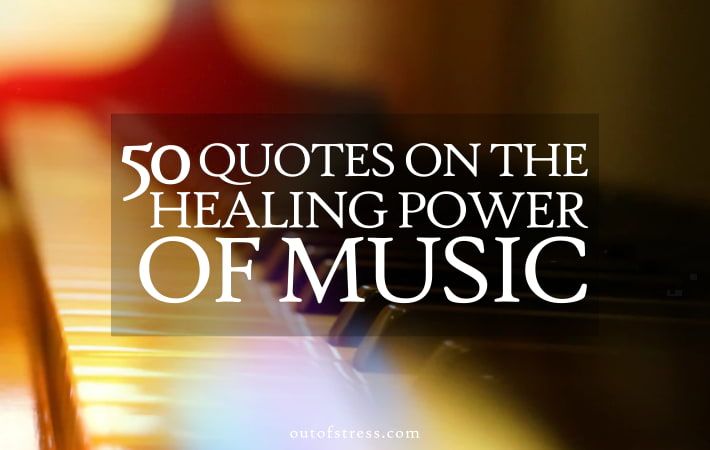Art and music have been valued and appreciated throughout history for their ability to inspire, move, and entertain. However, their impact goes beyond mere aesthetic pleasure. Numerous studies have shown that art and music have therapeutic effects on physical, mental, and emotional well-being. Art therapy and music therapy are specialized fields that utilize these creative mediums to promote healing, self-expression, and personal development among individuals of all ages and backgrounds.
Art Therapy
Art therapy is a form of psychotherapy that uses art as a means of understanding and addressing emotional and psychological issues. It provides individuals with a safe and non-judgmental space to express themselves artistically, enabling them to explore their thoughts, feelings, and experiences in a creative and cathartic manner.
The Benefits of Art Therapy
Art therapy offers a myriad of benefits. For individuals struggling with anxiety, depression, or trauma, engaging in artistic activities can serve as a form of relaxation and stress reduction. The act of creating art can promote mindfulness, allowing individuals to focus on the present moment and find solace in the process.
In addition, art therapy has also been found to improve self-esteem and self-expression. Through art, individuals can communicate thoughts and emotions that may be difficult to express verbally. This can be particularly beneficial for children and individuals with developmental or communication disorders.
Music Therapy
Music therapy is a field that utilizes the power of music to address physical, emotional, cognitive, and social needs. It involves the use of music interventions, such as listening, playing instruments, singing, and songwriting, to support individuals in achieving therapeutic goals and enhancing their overall well-being.
The Therapeutic Effects of Music
Research has shown that music has a profound effect on the brain and can stimulate various regions associated with emotions, memory, and reward. When used therapeutically, music can be a powerful tool in managing pain, reducing anxiety, and promoting relaxation.
Music therapy has been particularly effective in improving the quality of life for individuals with neurological conditions, such as Alzheimer’s disease and Parkinson’s disease. Music can evoke memories, stimulate cognitive function, and enhance communication, providing individuals with a renewed sense of identity and connection.
Art and Music Therapy in Healthcare Settings
The healing power of art and music therapy is increasingly recognized in healthcare settings. These therapies are now commonly integrated into hospitals, rehabilitation centers, and palliative care facilities to complement medical treatments and provide holistic care.
A growing body of evidence supports the effectiveness of art and music therapy in various healthcare contexts. Studies have shown that these therapies can reduce stress, alleviate pain, improve mood, and enhance overall well-being for patients of all ages.
Art and Music Therapy for Children
For children facing medical challenges, art and music therapy can play a crucial role in their healing process. These therapies provide a creative outlet for self-expression and help children cope with the emotional and physical stress associated with their illness or treatment.
Engaging in art and music activities can also promote socialization and emotional development, allowing children to build connections with others and gain a sense of normalcy amidst their healthcare journey.
Conclusion
The healing power of art and music therapy is undeniable. These creative mediums have the capacity to reach deep within individuals, providing solace, self-expression, and a means of overcoming physical, mental, and emotional challenges.
As the field of art and music therapy continues to evolve and gain recognition, more individuals are benefiting from its therapeutic effects. Whether in healthcare settings, educational environments, or personal development, art and music therapy play an invaluable role in enhancing well-being and fostering personal growth.

